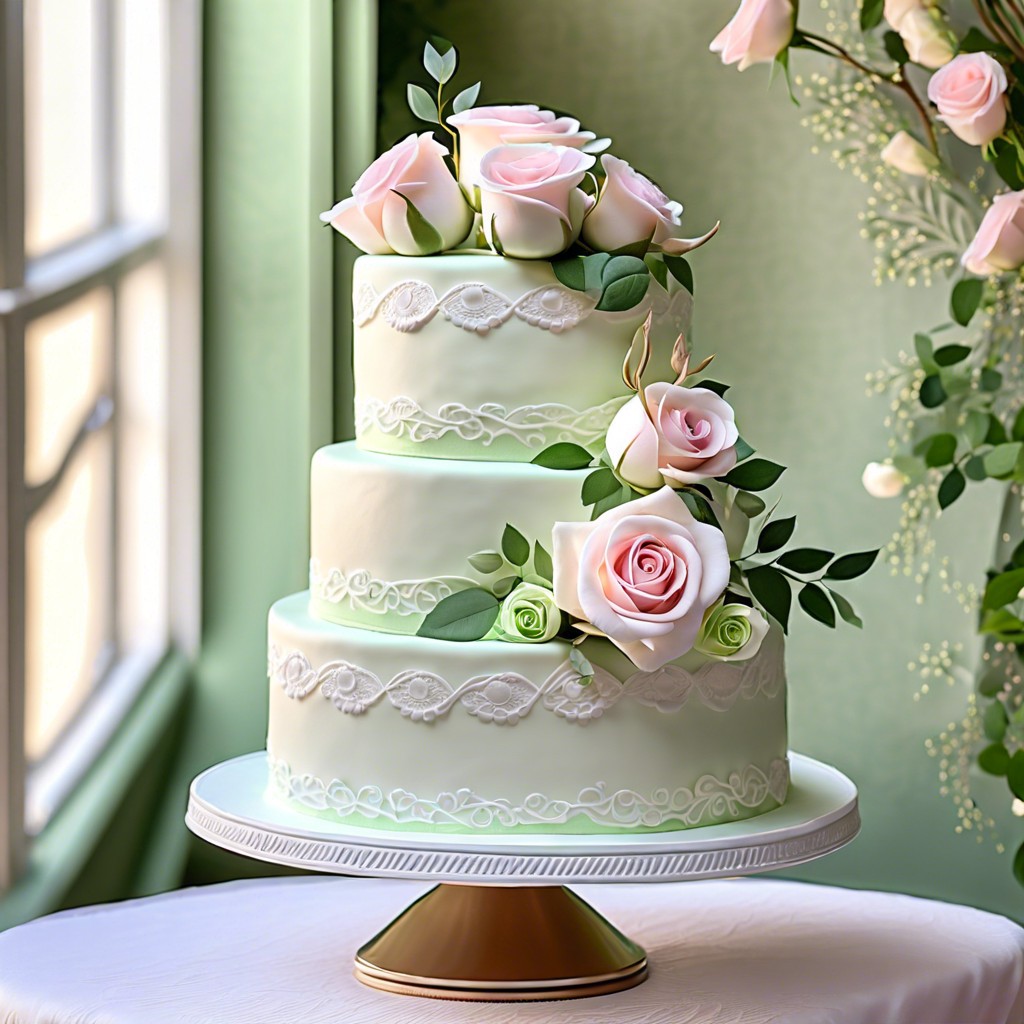Learn the typical timeline for planning a wedding, from initial steps to walking down the aisle, to ensure your special day is perfectly organized.
Key takeaways:
- Couples typically spend 12-18 months planning a wedding.
- Set a realistic budget and prioritize expenses.
- Choose the perfect venue by considering guest capacity, locale, theme, and packages.
- Carefully vet and book vendors based on reviews, recommendations, and compatibility.
- It’s possible to plan a wedding in a few months with immediate action.
Average Wedding Planning Duration

Typically, couples spend between 12 to 18 months arranging their special day to ensure all details are covered. This time frame provides ample opportunity to:
- Research and secure desired venues and vendors, who often book out well in advance.
- Browse and order the perfect attire, which could require multiple fittings and alterations.
- Design and send out invitations, giving guests enough notice, particularly if it’s a destination wedding or if they are traveling from afar.
- Plan and book a honeymoon, considering peak and off-peak travel seasons for the chosen destination.
An extended timeline also offers flexibility, reducing stress by allowing for adjustments or tackling unforeseen issues, and giving you time to save for expenses. However, while this is the average, remember that a shorter or longer engagement can work just as well with the right planning strategies.
Setting a Realistic Budget
Determining how much you can afford marks the cornerstone of successful wedding planning. Begin by assessing your savings, potential contributions from family, and any other available funds.
Prioritize expenses by listing the must-haves versus the nice-to-haves. Always include a contingency of 10-15% for unexpected costs.
Research average costs in your area for accurate estimations and consider hiring a financial advisor or wedding planner if budgeting feels daunting.
Remember, being financially comfortable with your wedding investment ensures a celebration free of unnecessary debt stress.
Venue Selection Process
Securing the perfect venue is a pivotal step that impacts numerous other decisions down the line. Here’s a quick guide to streamlining the venue selection process:
1. Establish Guest Capacity: Start with an estimated headcount to ensure the venues you explore can accommodate your party comfortably.
2. Consider the Locale: Think about the accessibility for guests, whether local or out-of-towners, which might influence your location choice.
3. Envision Your Theme: Match the venue with the style and theme of your wedding. A rustic affair might lean towards a barn, whereas a modern wedding might look best in an art gallery or loft space.
4. Check Date Flexibility: If you’re open to a range of dates, you might have better options and potentially lower costs.
5. Evaluate Packages: Some venues offer all-inclusive packages that can simplify planning.
6. Read Contracts Carefully: Pay attention to what is and isn’t included, cancellation policies, and any hidden costs before securing your venue.
By focusing on these key factors, you’ll not only find a venue that fits your vision but also one that aligns with the logistics of your big day.
Vetting and Booking Vendors
Careful consideration of vendors is crucial—these are the professionals who will bring your wedding day to life. Start this process by identifying your needs: a photographer, caterer, florist, entertainment, and a baker for the cake are essential for most weddings.
Research online portfolios and reviews to create a shortlist. Personal recommendations from friends or family can also guide your choices. Don’t forget about the importance of a face-to-face meeting to ensure their style meshes with your vision.
Remember to discuss and understand contract terms, clarify cancellation policies, and any additional fees. Ask about their experience with your chosen venue to ensure logistical compatibility.
Secure your vendors early, especially if you plan to marry during peak season. Popular vendors can book out over a year in advance. Confirm bookings with a deposit, and keep records organized. Make sure communication is consistent and establish a timeline closer to the event to ensure everyone is on the same page.
Minimum Time Frame for Planning a Wedding
In a crunch, it’s possible to expedite the planning process and organize a wedding in a few months, or even weeks. However, this condensed timeline means immediate action is necessary, often with a more flexible mindset regarding specifics.
- Prioritize essential tasks: Secure a venue, send digital invites, and book an officiant.
- Be flexible with dates and times to increase the chance of venue and vendor availability.
- Consider wedding packages or all-inclusive venues, which can streamline decision-making.
- Use technology to your advantage, like wedding planning apps that offer organized checklists.
- Rely on a smaller, trusted circle for quick decision-making.
- Be prepared to make deposits immediately to lock in vendors and dates.
- Understand that weekday weddings are often easier to plan quickly as venues and vendors may have more availability.
Quick planning doesn’t have to sacrifice the specialness of the day; it just requires efficiency and decisiveness.



